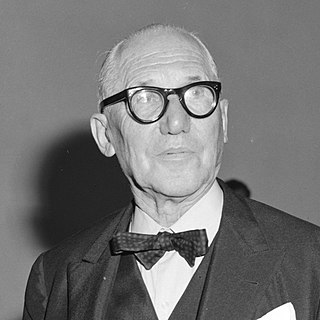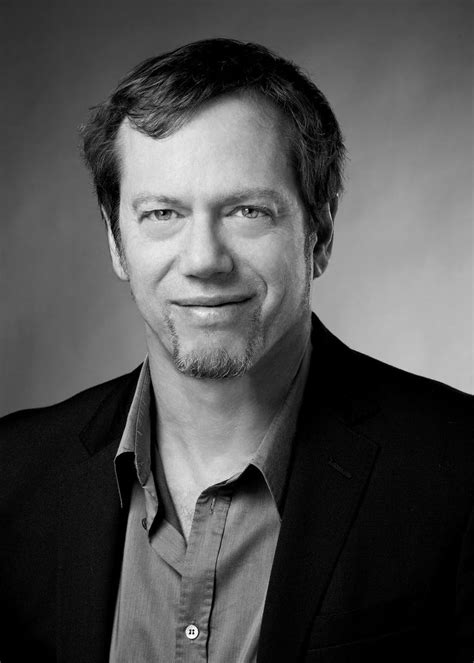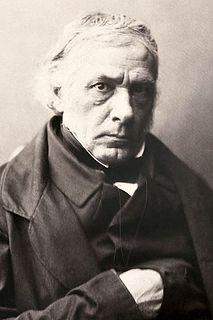A Quote by Werner Heisenberg
If nature leads us to mathematical forms of great simplicity and beauty - by forms I am referring to coherent systems of hypothesis, axioms, etc. - to forms that no one has previously encountered, we cannot help thinking that they are "true," that they reveal a genuine feature of nature... You must have felt this too: The almost frightening simplicity and wholeness of relationships which nature suddenly spreads out before us and for which none of us was in the least prepared.
Related Quotes
You may object that by speaking of simplicity and beauty I am introducing aesthetic criteria of truth, and I frankly admit that I am strongly attracted by the simplicity and beauty of mathematical schemes which nature presents us. You must have felt this too: the almost frightening simplicity and wholeness of the relationship, which nature suddenly spreads out before us.
Architecture is the masterly, correct and magnificent play of masses brought together in light. Our eyes are made to see forms in light; light and shade reveal these forms; cubes, cones, spheres, cylinders or pyramids are the great primary forms which light reveals to advantage; the image of these is distinct and tangible within us without ambiguity. It is for this reason that these are beautiful forms, the most beautiful forms. Everybody is agreed to that, the child, the savage and the metaphysician.
Nature is flexible and resilient. Nature likes redundancy and dispersion. It is approximate and deals in gradients. All boundaries are permeable. Nature nests small systems like molecules within larger systems like cells, which in turn are nested in systems called organs, organisms, ecosystems. We grew from ancient one-celled ancestors. Nature likes mergers: we contain multitudes of other life forms within us. We stand at the crest of four billion years, bacteria molded into wondrous form, burning with a slow fire and about to take the next step.
The research worker, in his efforts to express the fundamental laws of Nature in mathematical form, should strive mainly for mathematical beauty. He should take simplicity into consideration in a subordinate way to beauty ... It often happens that the requirements of simplicity and beauty are the same, but where they clash, the latter must take precedence.
Even a superficial glance is sufficient to show that all the innumerable forms in which the life-urge of Nature manifests itself are subject to a fundamental law - one may call it an iron law of Nature - which compels the various species to keep within the definite limits of their own life-forms when propagating and multiplying their kind.
Whether we live by the seaside, or by the lakes and rivers, or on the prarie, it concerns us to attend to the nature of fishes, since they are not phenomena confined to certain localities only, but forms and phases of the life in nature universally dispersed. The countless shoals which annually coast the shores of Europe and America are not so interesting to the student of nature as the more fertile law itselffrom which it results that they may be found in water in so many places, in greater or lesser numbers.
Imagination is the organ through which the soul within us recognizes a soul without us; the spiritual eye by which the mind perceives and converses with the spiritualities of nature under her material forms; which tends to exalt even the senses into soul by discerning a soul in the objects of sense.
Our very name for God's Creation is NATURE, for that is what Nature is. I shall define Nature for you in simple words. Nature is an electric wave thought image of God's nature, electrically projected from His formless and unconditioned ONE LIGHT into countless many forms of conditioned light which we call matter.




































